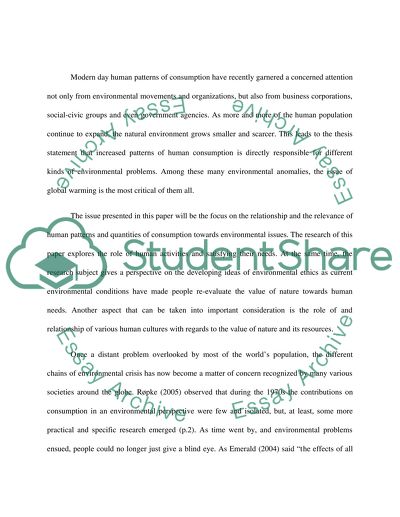Cite this document
(“Relationships between humanity and the environment Essay”, n.d.)
Retrieved from https://studentshare.org/sociology/1400450-relationships-between-humanity-and-the-environment
Retrieved from https://studentshare.org/sociology/1400450-relationships-between-humanity-and-the-environment
(Relationships Between Humanity and the Environment Essay)
https://studentshare.org/sociology/1400450-relationships-between-humanity-and-the-environment.
https://studentshare.org/sociology/1400450-relationships-between-humanity-and-the-environment.
“Relationships Between Humanity and the Environment Essay”, n.d. https://studentshare.org/sociology/1400450-relationships-between-humanity-and-the-environment.


